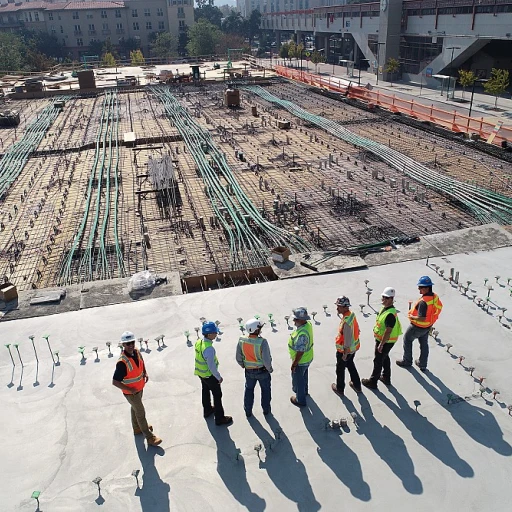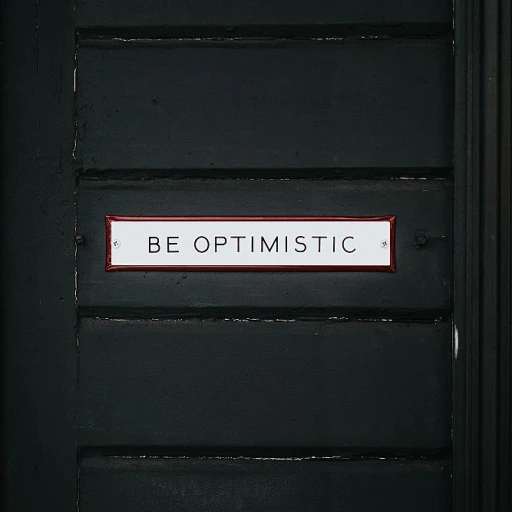
Understanding the company’s approach to HR analytics
How does the company use analytics in HR?
When you’re preparing for a job interview, it’s a good idea to ask questions that help you understand how the company uses human resources analytics. This will help you see if the company’s approach matches your expectations for the role and your career goals. During the interview process, you can ask the hiring manager or HR team about their use of analytics in decision making, company culture, and professional development.
- What role does HR analytics play in the company’s hiring process? This question will help you understand if data is used to improve hiring, onboarding, and retention. It’s also a way to see if the company values evidence-based decisions.
- How does the team use analytics to support employee growth? Good companies use data to identify training needs, track progress, and support professional development. Asking about this shows you care about your own growth and the company’s culture.
- Can you share examples of how analytics have influenced HR decisions? This question gives you a real sense of how analytics impact the typical day and long-term strategy. It’s a good way to see if the company’s approach is practical or just theoretical.
- How do managers and employees get involved in HR analytics? Understanding who participates in analytics projects tells you about collaboration and transparency. It also hints at the company’s openness to new ideas and employee involvement.
Don’t hesitate to ask follow-up questions during the interview. For example, you might want to know how much time is spent on analytics each week, or if there are opportunities to learn new skills in this area. These questions will help you decide if the position and company are a good fit for your work style and career path.
If you want to learn more about how companies use personality assessments and analytics in HR, check out this guide on effective HR analytics with DISC tests.
Evaluating data-driven decision making in HR
How Data Shapes HR Decisions
When you’re in a job interview, it’s important to understand how the company uses data to make decisions about people. Asking the right questions during the interview will help you see if the company’s approach to human resources analytics matches your career goals and values. Here are some practical ways to explore this topic with the hiring manager or HR team:
- Ask about examples: During the interview, you can ask, “Can you share an example of how data influenced a recent HR decision?” This question will help you understand if the company culture values evidence-based decision making.
- Explore the team’s involvement: A good question is, “How does your team use analytics to improve the hiring process or support professional development?” Their answer will show if analytics are integrated into daily work or just used occasionally.
- Check for transparency: Ask, “How are data-driven insights shared with employees or managers?” This will help you see if there’s open communication and if you’ll be part of a culture that values transparency.
- Understand the tools: You might want to know, “What tools or platforms does the company use for HR analytics?” This question will give you a sense of the company’s investment in technology and how it supports your role.
Don’t forget to consider how these answers fit with your expectations for the position and your typical day at work. If you’re looking for a company that values continuous improvement and employee involvement, these questions will help you find a good fit.
For more on how representative management strategies can impact data-driven HR decisions, you can read about effective strategies for representative management in HR analytics.
Assessing data quality and accessibility
How reliable is the HR data you will work with?
When you’re in a job interview for a role involving human resources analytics, it’s important to ask questions about the quality and accessibility of the data you’ll be using. The answers you get will help you understand if the company’s HR analytics are robust enough to support data-driven decision making, which is essential for your success in the position.
- What systems does the team use to collect and store HR data? This question will give you insight into the company’s technology stack and whether it aligns with your experience or expectations.
- How often is HR data updated and reviewed for accuracy? A good answer will share details about regular audits or checks, which are crucial for reliable analytics.
- Who has access to HR data, and how is access managed? This is not just about privacy policy, but also about how easy it will be for you to get the data you need for your work.
- Can you describe a typical day working with HR data here? This question during the interview will help you picture your daily tasks and the company culture around data handling.
Don’t hesitate to ask the hiring manager about any challenges the team faces with data quality or accessibility. Their answer can reveal how transparent the company is about its processes and how much support you’ll have if issues arise. If the company is investing in improving its HR analytics, it’s a good sign for your professional development and future career growth.
For a deeper look at how account analysis can transform HR decision making and improve data quality, check out this guide on account analysis in HR analytics.
Remember, asking the right interview questions about HR data shows you care about delivering value and being a good fit for the team. It also helps you decide if the company’s approach to data will support your goals in the role and contribute to a positive company culture.
Exploring HR metrics that matter
Key HR Metrics to Discuss During Your Interview
When you’re in a job interview, it’s important to ask questions about the HR metrics the company values most. These metrics can reveal a lot about the company culture, the team’s priorities, and how your role will contribute to overall goals. Understanding which metrics matter will help you decide if the position and the company are a good fit for your career. Here are some interview questions you can ask the hiring manager or HR team to get a clearer picture:- What HR metrics does your team track regularly, and why are these important for the company?
- How do these metrics influence decisions about hiring, promotions, or professional development?
- Can you share examples of how HR data has shaped a recent decision or change in the company?
- What does a typical day look like for someone in this role, and how is success measured?
- How does the company use HR analytics to support employee well-being and work-life balance (such as hours per week, turnover rates, or engagement scores)?
Understanding privacy and ethical considerations
How Does the Company Protect Employee Data?
When you are in a job interview and discussing the role of HR analytics, it’s important to ask questions about privacy and ethics. Companies collect a lot of sensitive information about employees, from performance metrics to personal details. You want to make sure the company has strong privacy policies and ethical guidelines in place. Here are some questions you can ask during the interview process:
- How does the company ensure employee data is kept confidential?
- What privacy policy does the company follow when handling HR analytics?
- Who has access to sensitive HR data, and how is that access controlled?
- How does the team balance data-driven decision making with respect for employee privacy?
- Can you share examples of how ethical considerations have influenced HR analytics projects?
These questions will help you understand if the company culture values transparency and trust. It’s also a good idea to ask the hiring manager how employees are informed about the use of their data and if there are opportunities for employees to give feedback or opt out of certain analytics initiatives. This will show you if the company is a good fit for your values and if they prioritize a respectful work environment.
Remember, the way a company handles privacy and ethics in HR analytics can impact your career and professional development. Don’t hesitate to ask for specific answers during your job interview. A responsible approach to data is a sign of a mature HR team and a healthy company culture.
Opportunities for employee involvement in HR analytics
How Employees Can Participate in HR Analytics Initiatives
When considering a new job, it’s important to understand not just what the company does with HR analytics, but also how employees are involved in these processes. During your interview, asking questions about employee participation can reveal a lot about the company culture, the team’s openness to new ideas, and opportunities for professional development.
- Ask about collaboration: Find out if employees from different roles and departments are invited to share their insights or data for HR analytics projects. This can show whether the company values diverse perspectives and teamwork.
- Inquire about feedback loops: A good question to ask the hiring manager is how feedback from employees is used to refine HR analytics initiatives. Does the company have a process for gathering input, and are there regular opportunities for team members to contribute?
- Explore learning opportunities: Ask if there are training sessions or workshops available for employees who want to learn more about HR analytics. This will help you understand if the company invests in professional development and supports career growth in this area.
- Understand the role of analytics in your position: During the interview, clarify how your specific job or role will interact with HR analytics. Will you be expected to use data in your daily work? Are there tools or resources provided to help you succeed?
- Check for transparency: Ask about how results from HR analytics are communicated to employees. Is there a typical day or time when findings are shared with the team? Transparency in sharing analytics outcomes can indicate a healthy company culture and a good fit for those who value open communication.
Don’t hesitate to ask these questions during the interview process. They will help you gauge whether the company encourages employee involvement and supports a collaborative environment. This insight is crucial for understanding if the role and company align with your career goals and values.













